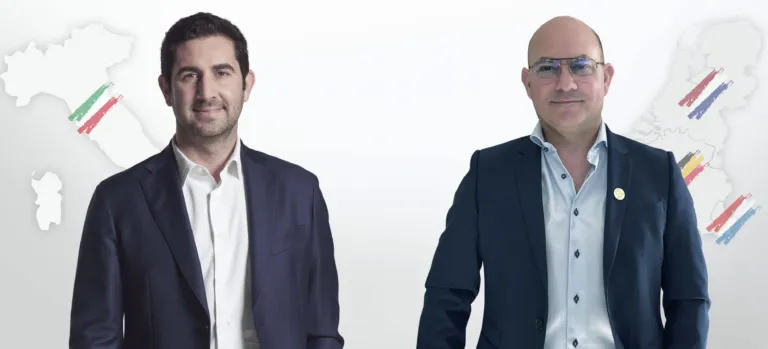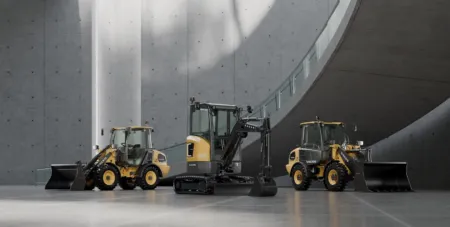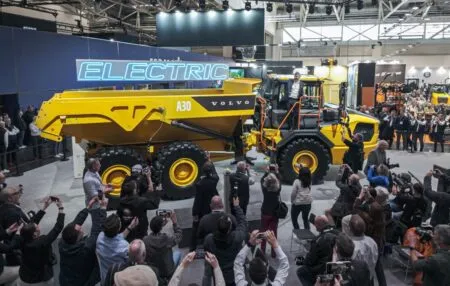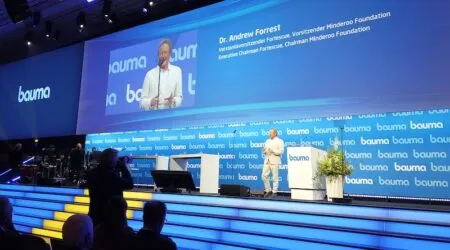A new partnership between leading producer of custom lithium batteries Flash Battery, and Q-tronic BV, a Dutch-based powertrain system integrator, has its sights on one of the most electrification-oriented markets in the world.
The Netherlands, Belgium and Luxembourg are the focus of the alliance between the two companies. These areas have set what Q-tronic managing director Marcel Doppenberg calls an, “uncompromising journey” towards far-reaching sustainability and are pushing hard for electrification, something that’s taking place in every Northern European country.
“With the Climate Agreement and the Climate Law, the Netherlands introduced restrictive measures in every industrial sector in order to reduce CO2 emissions, going as far as to prohibit the use of carbon,” says Doppenberg. “This evolution will drive an increasing number of manufacturers to adopt zero emissions technology and the partnership with a lithium battery expert the likes of Flash Battery will definitely accelerate this process in many OEMs.”
“Q-Tronic BV, a powertrain system integrator operating in different sectors with over forty years’ electrification experience, walks customers through the choice of components, such as motors and inverters, transaxles and battery chargers,” says Flash Battery CEO, Marco Righi. “It works on projects that are very different from one another, ranging from off-road construction and agricultural applications all the way to electric vehicle mobility applications, which are widely used in cities, airports and industries. Some of the most important applications we are already working on come from the construction and earth-moving sectors especially compact loaders, which are requiring increasingly more energy in less space.”
“The partnership with Flash Battery is the natural evolution of the demand from markets needing to electrify and looking for a one-stop source for their powertrain systems,” underlined Q-tronic’s Doppenberg. “This is why integrating all the functions revolving around the electrification process is necessary: consulting, design and prototyping; quality of materials; sustainability; reliability; high performance; and, last but not least, the personalised support service demanded by SMEs and large OEMs alike including adequate remote control systems and training of the professionals managing the systems and vehicles.”





